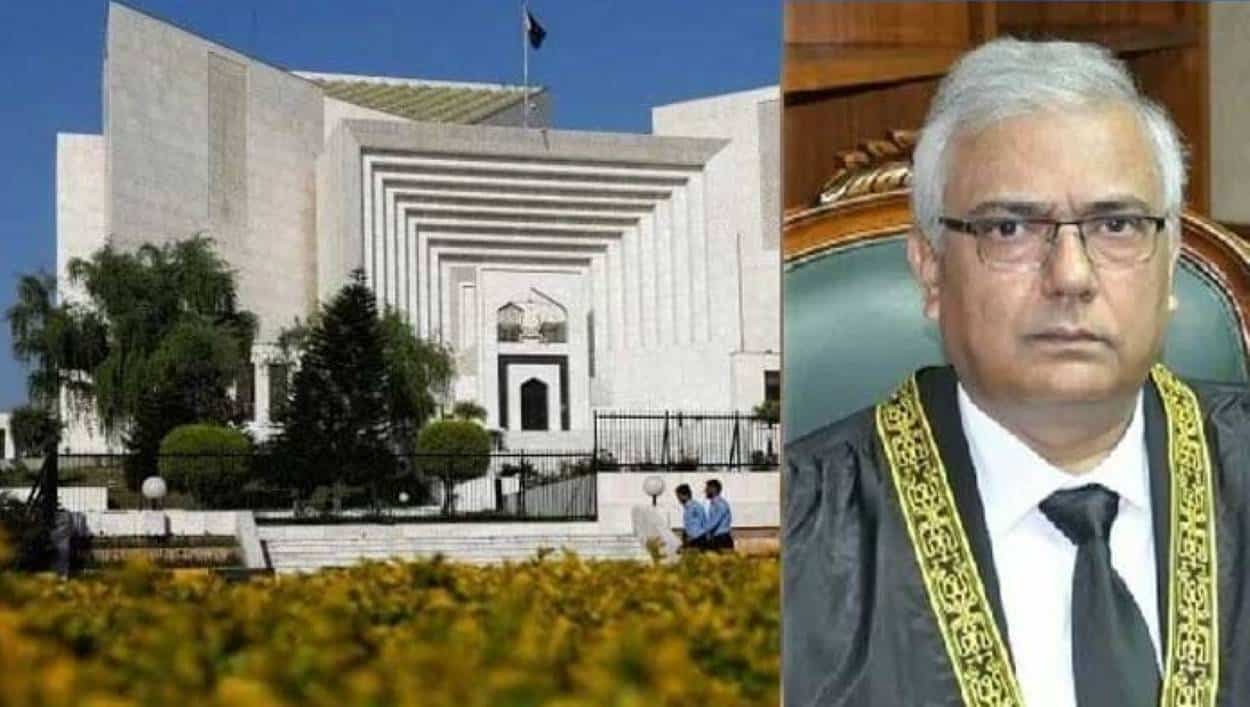Following parliament’s approval of the 26th Amendment last month, the Judicial Commission of Pakistan (JCP) has established a seven-member constitutional bench led by Justice Amin-ud-Din Khan.
In a 7-5 decision, the majority of the Judicial Commission supported the creation of this bench. However, Chief Justice Afridi and senior judges Justice Mansoor Ali Shah, Justice Muneeb Akhtar, and PTI members Omar Ayub and Shibli Faraz reportedly opposed the decision.
The bench represents a national composition, including Justice Amin-ud-Din and Justice Ayesha Malik from Punjab, Justice Muhammad Ali Mazhar and Justice Hassan Azhar Rizvi from Sindh, Justice Jamal Khan Mandokhail and Justice Naeem Akhtar Afghan from Balochistan, and Justice Musarrat Hilali from Khyber Pakhtunkhwa (KP).
The new Chief Justice chaired the first meeting of the reconstituted judicial body, following the provisions of the 26th Amendment. Attendees included senior puisne judge Justice Shah, Justice Akhtar, Justice Amin-ud-din, Senator Farooq H Naek, MNAs Sheikh Aftab Ahmad and Omar Ayub, Roshan Khursheed Bharucha, Law Minister Azam Nazeer Tarar, Senator Shibli Faraz, Attorney General Mansoor Usman Awan, and a representative from the Pakistan Bar Council, Akhtar Hussain.
The 26th Amendment has expanded the JCP to 13 members, tasked with appointing judges to the Supreme Court, high courts, and the Federal Shariat Court (FSC). The amendment also introduced Article 175-A to the Constitution, designating the Chief Justice as head of the JCP, which now includes two senators and two MNAs.
Additional members of the commission include the three senior-most Supreme Court judges, the most senior judge of the constitutional bench, the Federal Minister for Law and Justice, the Attorney General for Pakistan, and an advocate with at least 15 years of Supreme Court practice, nominated by the Pakistan Bar Council for a two-year term.
A woman or non-Muslim parliament member, nominated by the speaker for two years, will also serve on this influential panel.






